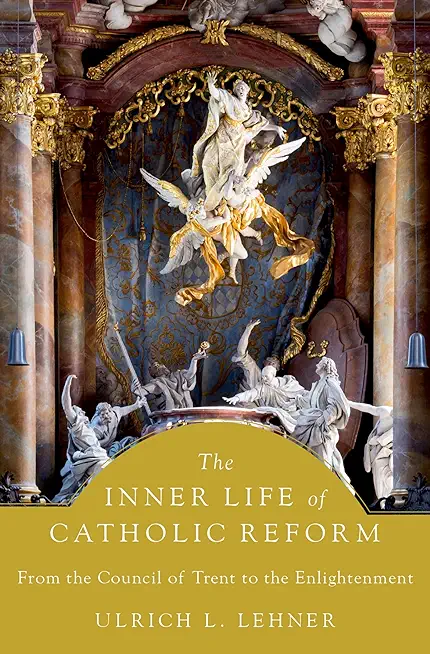
Lehner, Ulrich L.
product information
description
form, Ulrich Lehner offers a longue durée overview of the sentiments and spiritual ideas of the 250-year long time span following the Council of Trent, known as Catholic Reform. While there have been many studies of the so-called Counter-Reformation, the political side of Catholic Reform, and of its institutional and social history, the sentiments, motivations and religious practices of Catholic Reform--what Lehner calls the "inner life"--have been mostly neglected. Reform, Lehner argues, was not something that occurred merely through institutional changes, new laws, and social control. For early modern Catholics, church reform began with personal reform and attempts to live in a state of grace. Lehner seeks to take these religious commitments seriously and understand them on their own terms. The central question he asks is "What did Catholics do to obtain salvation, to make themselves pleasing to God?" Lehner examines how the spiritual ideas that emerged from attempts to wrestle with the question of the salvation of souls changed the Catholic view of the world. Drawing on a plethora of published and unpublished sources and a wide array of secondary literature--with an emphasis on Europe, but integrating material from Africa, America, and Asia--Lehner documents this transformative period in history, when Catholicism became a "world religion."
member goods
No member items were found under this heading.
Return Policy
All sales are final
Shipping
No special shipping considerations available.
Shipping fees determined at checkout.







